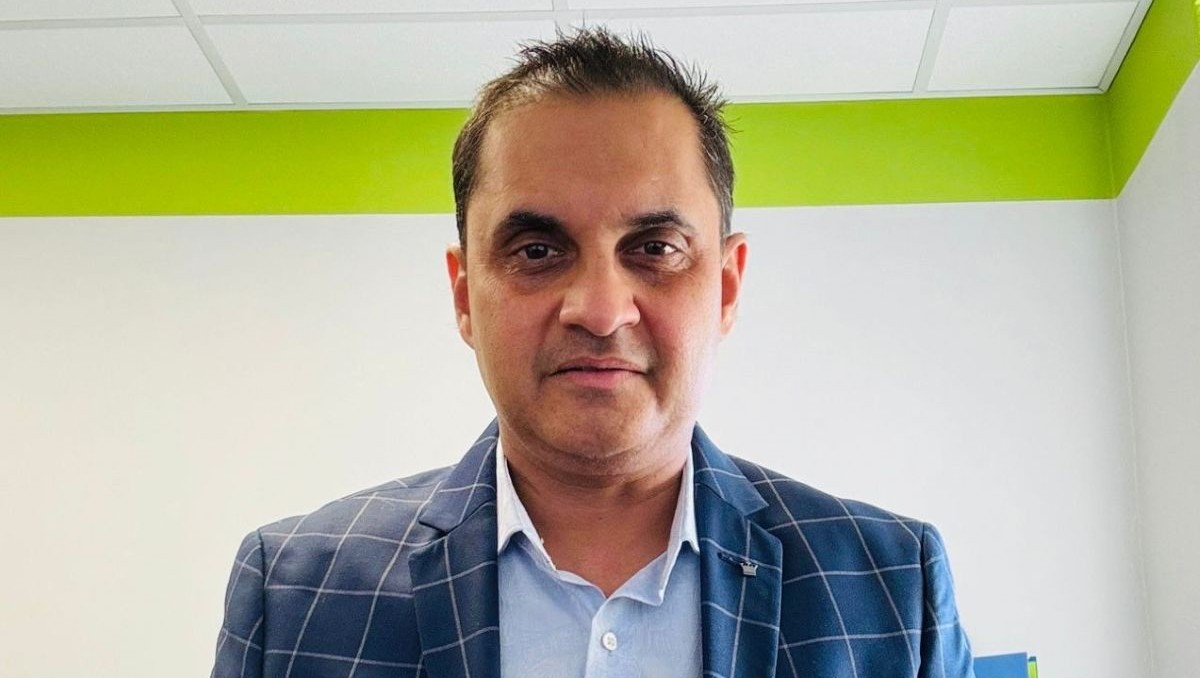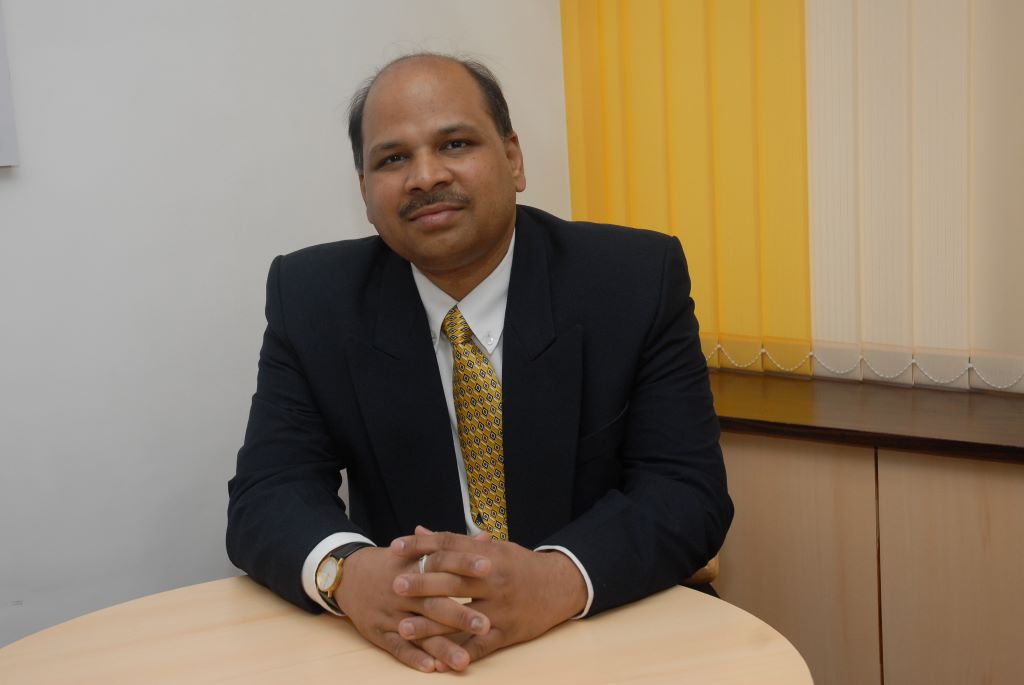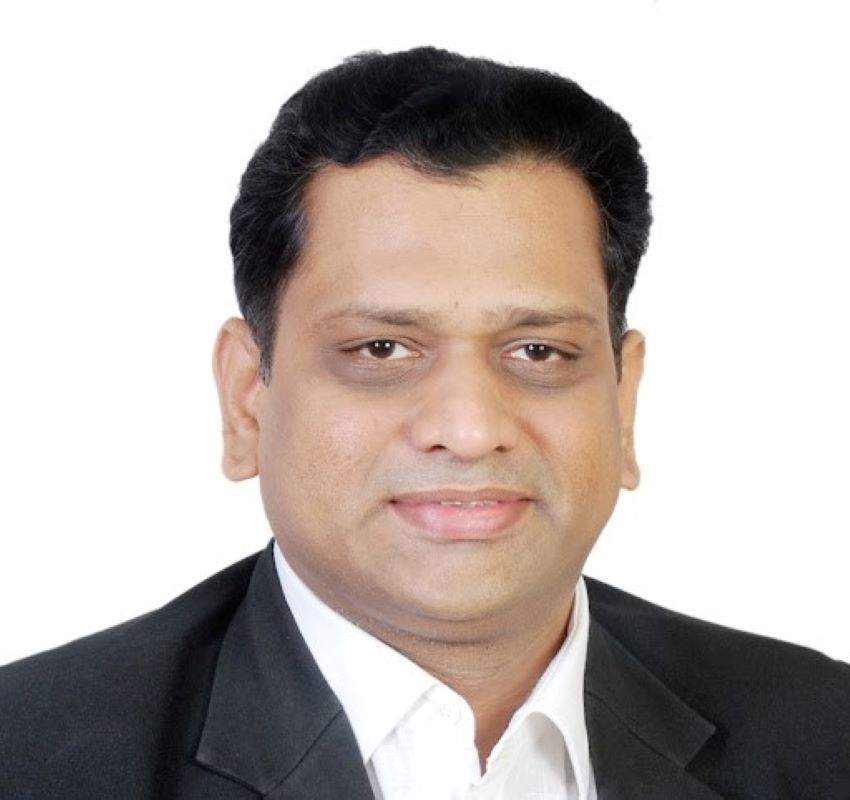“Our goal is to transition from being a trusted software partner to becoming a digital innovation ecosystem helping clients harness emerging technologies responsibly and at scale,” says Praveen Joshi, Managing Director and founding member of RSK Business Solutions (RSK BSL), a software development and IT consulting company with a global presence across the UK, USA, UAE, and India.
As Managing Director & CEO of RSK Business Solutions , Parveen’s attention has been on growing RSK’s digital presence, developing our innovation-led service offerings, and creating a culture where technology and human capability meet to deliver sustainable change for clients around the globe.
He, in an interaction with Enterprise Times, talks about RSK’s innovation-led service offerings catering the business needs of its clients.
Enterprise Times: What are RSK Business Solutions core differentiators compared to other software development / outsourcing firms?
Praveen Joshi: RSK’s strength lies in its blend of deep technical expertise, agile delivery, and consultative mindset. We don’t just execute client requirements, we co-create digital solutions that deliver measurable outcomes. Our differentiation also comes from our focus on smart sourcing, combining local and offshore capabilities to maximise cost efficiency without compromising quality. Additionally, our new AI Solutions Division, covering Generative AI, Computer Vision, and OpenAI integrations, enables clients to stay ahead of the curve. Beyond technology, it’s our long-term relationships and transparency-driven culture that make RSK a trusted partner, not just a vendor.
Enterprise Times: What is RSK Business Solutions’s long-term roadmap (product offerings, markets, verticals)?
Praveen Joshi: RSK’s roadmap is centred around AI-driven transformation and expansion into new-age verticals such as clean energy, healthcare tech, and financial analytics. Over the next five years, we aim to deepen our product-led offerings around AI-powered automation platforms, digital engineering, and data lifecycle management. We’re also focused on strengthening our global footprint across the US, Middle East, and Asia-Pacific, supported by partnerships in AI infrastructure and smart sourcing. Our long-term vision is to position RSK as a next-generation technology partner that delivers sustainable innovation at scale.
Enterprise Times: What software development methodologies does RSK Business Solutions use (e.g. Agile, DevOps, CI/CD)? How strictly are they followed?
Praveen Joshi: We primarily follow Agile and DevOps-driven delivery models, ensuring flexibility and speed across project cycles. CI/CD pipelines are central to our development process, supported by tools like Jenkins, Azure DevOps, and GitLab. What differentiates us is our disciplined approach, each project undergoes sprint reviews, retrospectives, and continuous testing to maintain quality and reduce time-to-market. However, we’re not rigid; our methodology adapts to client needs, whether it’s full Agile, hybrid models, or scaled Agile frameworks for enterprise engagements.
Enterprise Times: What technology stacks and tools are most commonly used in your projects?
Praveen Joshi: Our tech stack varies based on client needs, but we commonly work with .NET, Java, Python, Node.js, and React for application development. On the data side, we use Azure, AWS, and Google Cloud for cloud-native solutions, along with TensorFlow, PyTorch, and OpenAI frameworks for AI and ML integration. Our teams leverage DevOps tools like Docker, Kubernetes, and Jenkins for seamless deployment. What’s consistent across all projects is our emphasis on scalable, secure, and future-ready architecture.
Enterprise Times: How does RSK Business Solutions integrate AI / generative AI / computer vision in its offerings—what are the biggest obstacles you face?
Praveen Joshi: RSK has recently launched a dedicated AI Solutions practice, covering Generative AI, Computer Vision, Agentic AI, and OpenAI integrations. We’re using these technologies to enhance automation, decision-making, and predictive analytics for clients. The biggest challenge remains data readiness, many organisations have fragmented or poor-quality datasets, which limits AI potential. We help them build strong data foundations before integrating AI. Ethical concerns, explainability, and cost of large-scale model training are other key challenges we’re tackling through strategic partnerships and responsible AI frameworks.
Enterprise Times: How do you recruit, retain, and develop engineering talent, especially across geographically distributed teams?
Praveen Joshi: We focus on hiring for curiosity and problem-solving ability as much as technical skills. RSK offers structured training through its “SkillNext” programme and encourages global collaboration through cross-border project rotations. Retention comes from creating an environment where engineers can innovate, through hackathons, open-source projects, and mentorship programmes. Our hybrid model allows teams in India, the UK, and the US to work seamlessly using shared digital workspaces, ensuring inclusivity and cohesion across borders.
Enterprise Times: What are the biggest risks (technical, operational, market) when working with clients, and how do you mitigate them?
Praveen Joshi: Key risks include scope ambiguity, data security, and evolving client expectations. To mitigate these, RSK follows robust governance frameworks, including risk assessment matrices and change-control mechanisms. Technically, we emphasise cybersecurity-by-design and regulatory compliance from day one. Market risks like rapid tech shifts, are managed through continuous R&D investment and proactive skill upgrades. Our strength lies in transparent communication; clients are always part of the solutioning process, which builds trust and reduces delivery friction.
Enterprise Times: What’s next for RSK Business Solutions? What key milestones or breakthroughs can we expect to see in the coming years?
Praveen Joshi: The next chapter for RSK is about AI-first transformation and global scalability. We’re expanding our AI and automation solutions, developing proprietary tools for intelligent process optimisation, and exploring new delivery centres in the Middle East and North America. Our goal is to transition from being a trusted software partner to becoming a digital innovation ecosystem helping clients harness emerging technologies responsibly and at scale. Over the next few years, we expect major breakthroughs in AI-led decision systems, computer vision platforms, and sustainable tech innovation.




